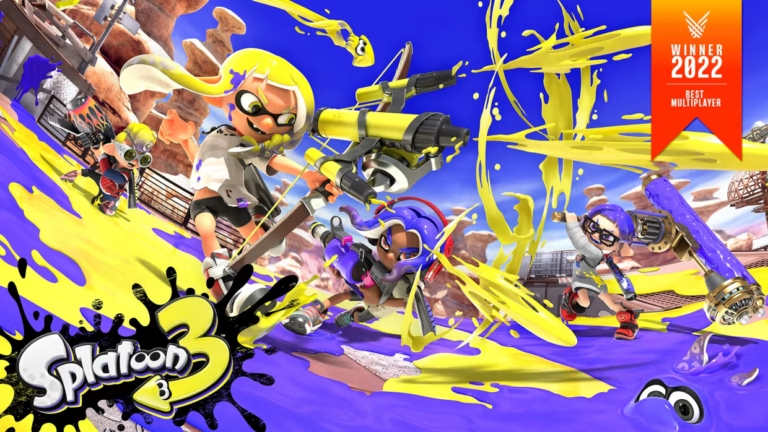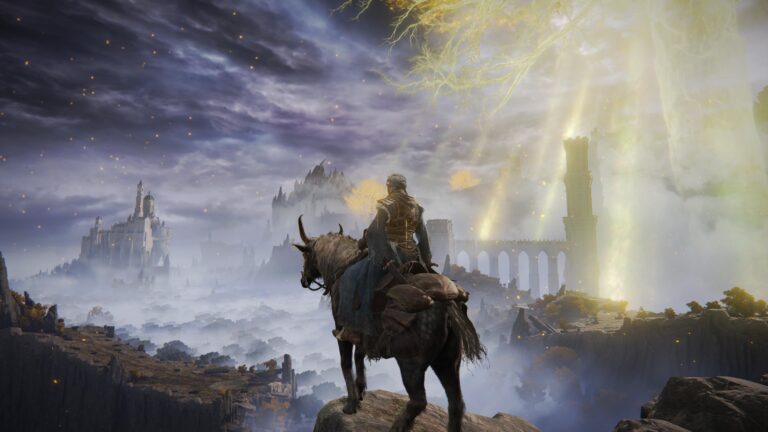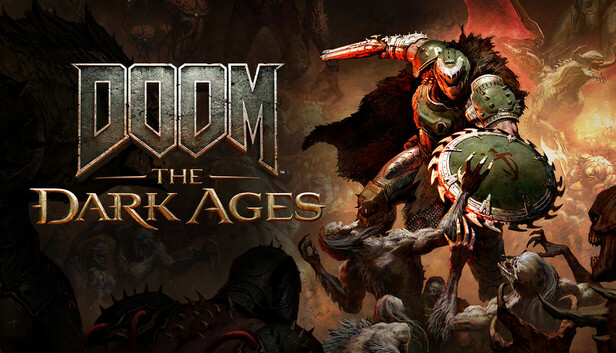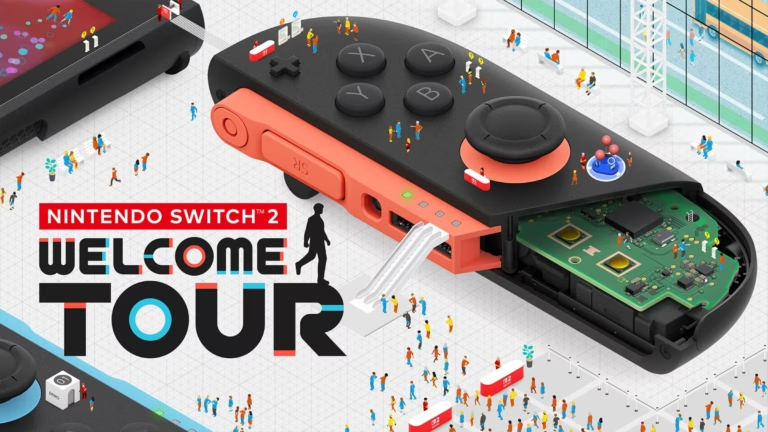Platform | PlayStation |
|---|---|
Publisher | Square |
Genre | Action RPG |
Release Date | 06/07/2000 |
Legend of Mana is a classic role-playing game that stands out for its unique storytelling, vibrant graphics, and enchanting soundtrack. Released originally for the PlayStation in 1999 by Square (now Square Enix), it is the fourth game in the Mana series. The game distinguished itself with its innovative non-linear gameplay and has left a lasting impression on the RPG genre.
Story
Legend of Mana takes place in the whimsical world of Fa’Diel, a land that once thrived with Mana energy. The story begins in a peculiar fashion, as there is no fixed narrative path. Instead, the player is tasked with restoring the world by collecting mystical artifacts that bring back towns, dungeons, and other locations.
The game does not follow a traditional linear storyline. Instead, it offers players the freedom to explore the world at their own pace, creating a unique story based on the artifacts they choose to restore. This open-ended structure allows for a variety of story arcs, known as quests, which are divided into three main plotlines: the Jumi Arc, the Dragon Arc, and the Faerie Arc. Each arc has its own set of characters, conflicts, and resolutions, providing a rich tapestry of stories that players can experience in different orders.
The Jumi Arc, for instance, revolves around a race of gemstone people who are being hunted for their cores. The Dragon Arc tells a tale of a conflict between dragon clans, while the Faerie Arc explores the tension between humans and faeries. This narrative flexibility allows players to engage deeply with the lore and characters of Fa’Diel, creating a personal journey through the game.
Gameplay
Legend of Mana’s gameplay is as unconventional as its storytelling. At the heart of the game is the “Land Make” system, where players use artifacts to create and arrange the world map. This system not only determines the layout of the world but also affects the difficulty and availability of quests. Each artifact placed on the map comes to life as a new location, offering fresh opportunities for exploration and adventure.
Combat in Legend of Mana is real-time, using a side-scrolling perspective that allows players to control their character directly. Players can choose from a wide array of weapons, each with its own set of special techniques and abilities. Weapons can be customized and enhanced, offering deep strategic options in battle. The game also introduces pets and golems, which can be raised and brought into battle, adding another layer of depth to combat strategies.
Additionally, Legend of Mana features a crafting system that allows players to forge new weapons and armor, as well as grow and harvest produce in an orchard. These elements contribute to a highly customizable gameplay experience, enabling players to tailor their journey to their preferences.
Graphics and Sound
Legend of Mana’s graphics are renowned for their beautiful, hand-drawn art style, which brings the world of Fa’Diel to life with vibrant colors and intricate detail. The game’s art direction stands out with its lush environments and imaginative creature designs, creating a visually captivating experience that has aged gracefully over the years.
The soundtrack, composed by Yoko Shimomura, is equally enchanting. The music of Legend of Mana is celebrated for its emotive melodies and diverse range of compositions, from the serene tunes of the world map to the intense themes of battle. The soundtrack plays a crucial role in enhancing the game’s atmosphere, drawing players into the enchanting world of Fa’Diel.
Legacy and Reception
Upon its release, Legend of Mana received a mixed reception from critics, mainly due to its departure from traditional RPG conventions. Some praised the game’s art and music, while others were critical of its non-linear narrative and complex systems. However, over time, Legend of Mana has gained a cult following, appreciated for its artistic ambition and innovative design.
The game’s non-linear structure and open-world mechanics were ahead of their time, influencing future RPGs that sought to offer players more freedom and agency. Legend of Mana’s unique approach to storytelling and world-building has inspired numerous games in the genre, cementing its place as a groundbreaking title in RPG history.
In June 2021, Square Enix released a remastered version of Legend of Mana for modern platforms, including the PlayStation 4, Nintendo Switch, and PC. This remaster introduced updated graphics, improved sound quality, and quality-of-life enhancements, bringing the timeless classic to a new generation of players and rekindling interest in its unique gameplay and story.
Conclusion
Legend of Mana remains a standout title in the world of role-playing games, celebrated for its artistic vision, innovative gameplay, and captivating soundtrack. Its impact on the RPG genre is undeniable, having influenced a generation of game developers to experiment with non-linear narratives and expansive world-building.
The remastered edition has revitalized interest in this classic, allowing both new and returning players to experience the magic of Fa’Diel in a modern context. Legend of Mana’s enduring legacy is a testament to its creative brilliance, marking it as a timeless journey that continues to enchant and inspire.















